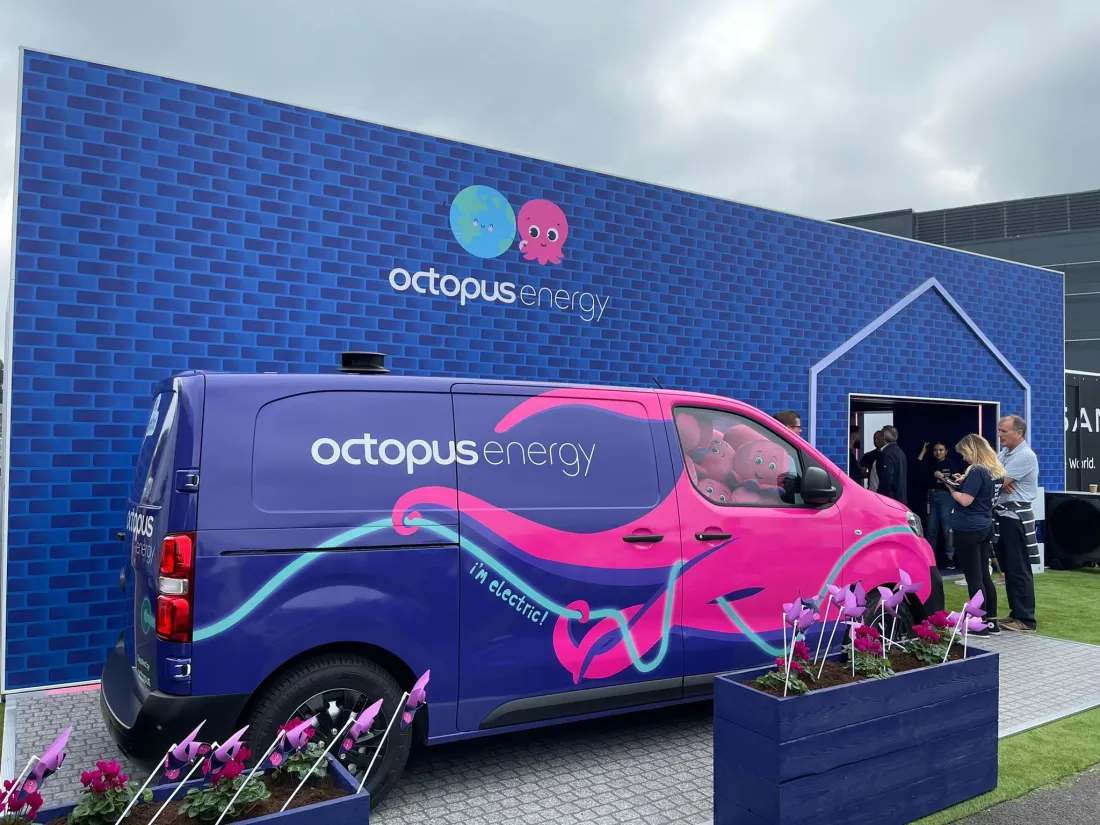Citi Reveals 42% of Energy Clients Lack Climate Transition Plans

|
Listen to this story:
|
- The transition toward a sustainable future is characterized by an energy evolution, necessitating a shift towards a low-emission energy mix that is non-linear and involves significant leaps and tipping points.
- Achieving a low-emission future requires a collaborative, multifaceted approach, including supportive public policies, investment in clean energy technologies, and infrastructure upgrades.
- Citi actively contributes to the transition to a low-carbon economy through significant renewable energy projects, sustainable finance innovations, and by facilitating an inclusive shift, despite the fact that 42% of its energy clients lack comprehensive climate transition plans.
In the comprehensive report titled “Citi’s Approach to Climate Change and Net Zero” released on March 28, 2024, by Citi under the stewardship of Chief Executive Officer Jane Fraser, the global financial institution outlines its strategy and commitment towards aiding clients across various industries and nations in their transition to a sustainable, low-carbon future. Amidst the escalating macroeconomic and geopolitical challenges, the report highlights Citi’s engagement in fostering resilience, particularly in the realm of climate change and the ambition for net zero emissions.
Jane Fraser, the Chief Executive Officer of Citi says: “From our work with clients in nearly 160 markets, we know that the journey toward net zero will occur at different speeds in every industry and country. We support our clients in financing their transition to low-carbon business models and innovating clean technologies, whilst also supporting clients who supply ample and affordable energy to meet the world’s current and future needs. These activities are not mutually exclusive and must be addressed simultaneously.“
A significant revelation in the report is that 42% of Citi’s energy clients lack comprehensive plans for transitioning to lower greenhouse gas emissions, underscoring a substantial gap in the readiness of key sectors to confront the challenges of climate change actively. This disclosure highlights the urgency and the scale of effort required to foster a more sustainable and resilient energy sector.
The report candidly addresses the complexities and difficult decisions that underpin the journey towards a sustainable energy future, emphasizing the notion of an energy evolution rather than a simple technological substitution. It acknowledges the non-linear trajectory of this evolution, which is expected to encompass numerous cumulative advances and pivotal moments over the forthcoming decades. This progression is contingent on a multifaceted approach that includes supportive public policies, investment in clean energy technologies, and enhancements to electric grids, transmission systems, and permitting processes. Moreover, the challenge of accessing robust and reliable data for analyzing climate risk impacts and identifying transition opportunities is acknowledged, with a call for collaborative effort from all sectors of society.
Citi views the energy evolution as a significant business opportunity, not only for itself but also for its clients, given the capital-intensive nature of the energy sector within the global infrastructure. The bank’s ongoing contributions to this transition are detailed in its 2023 Climate Report, which covers its strides towards the net zero commitment, environmental risk management, and the impacts of its climate strategy over the past year. Among its notable achievements, Citi has played a pivotal role in supporting major renewable energy Initial Public Offerings (IPOs), developing frameworks for sustainable finance, and facilitating innovations that broaden access to clean energy and leverage voluntary carbon markets for emissions reduction.
Related Article: UK Announces Departure from Energy Charter Treaty, Citing Failure to Align with Climate Objectives
This proactive stance on climate change and the transition to a low-carbon economy is set against a backdrop of a significant portion of energy companies in Citi’s loan portfolio lacking comprehensive climate transition plans, as revealed in a climate report. Despite this, Citi continues to evaluate the climate risks and preparedness of businesses within its loan portfolio, emphasizing the importance of forward movement on climate issues and acknowledging the monumental effort required for the energy transition. The commitment to achieving a net zero target by 2050 underscores the bank’s dedication to addressing one of the most pressing challenges of our time while delivering value to all stakeholders.
View Full Report










